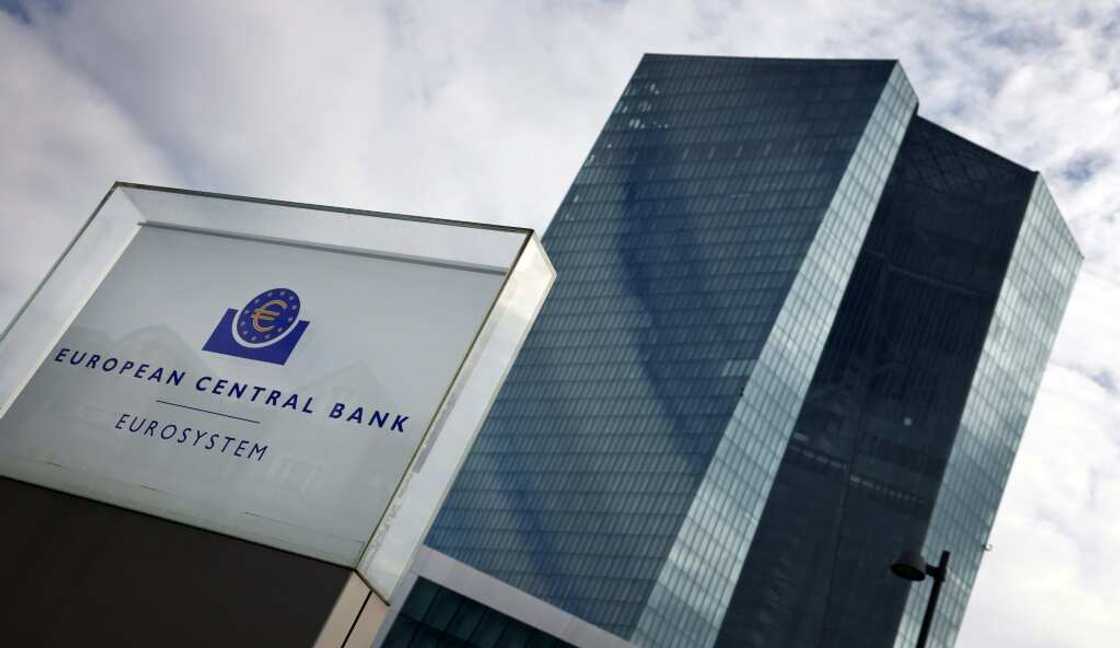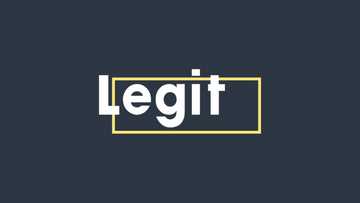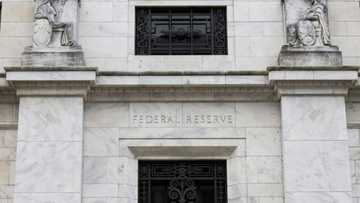ECB slows rate hikes, but says inflation still 'too high'

Source: AFP
PAY ATTENTION: Click “See First” under the “Following” tab to see Legit.ng News on your Facebook News Feed!
The European Central Bank delivered a smaller interest rate hike Thursday as higher borrowing costs begin to take their toll, but said the inflation outlook remained "too high for too long".
It was the seventh-straight increase in the ECB's unprecedented campaign of monetary tightening that began last year after costs of everyday goods began to soar.
The 26-member governing council however decided to downshift to a quarter percentage point increase, down from half percentage point increases at its three previous meetings.
While consumer price rises remain stubbornly above the central bank's two-percent target, closely-watched core inflation -- excluding volatile energy and food costs -- may be easing, while the impact of hikes is starting to be felt.
The ECB omitted any commitment to future hikes from its statement but said it would continue to take a "data-dependent approach", and is not thought to be at the end of its hiking cycle yet.
"The inflation outlook continues to be too high for too long," it said.
PAY ATTENTION: Join Legit.ng Telegram channel! Never miss important updates!
"Future decisions will ensure that the policy rates will be brought to levels sufficiently restrictive to achieve a timely return of inflation to the two-percent medium-term target and will be kept at those levels for as long as necessary."
The increase brings the ECB's deposit rate to 3.25 percent, its highest level since 2008.
The move came a day after the US Federal Reserve made its 10th straight increase, raising borrowing costs by a quarter point, and hinting it could pause on additional hikes.
But US stocks ended lower after Fed Chair Jerome Powell ruled out interest rate cuts in 2023.
Banking jitters
Inflation in the 20 countries that use the euro started surging last year after Russia invaded Ukraine and slashed gas deliveries to Europe, triggering an energy crisis.
Despite the ECB's tightening, consumer prices rose in April after five consecutive months of declines, edging up to 7.0 percent on an annualised basis from 6.9 percent in March.
It peaked at 10.6 percent in October.
But core inflation fell slightly in April, its first drop for months and a potential turning point that gave ammunition to those calling to slow rate hikes.
The impacts of the aggressive rate-hiking campaign are also starting to be felt, with a survey this week showing eurozone banks dramatically tightened lending criteria in the first quarter and that demand for loans has plummeted.
That could have contributed to the ECB deciding to ease its foot off the gas, as policymakers walk a fine line between combating high prices while avoiding pushing the euro area into a sharp downturn.
Concerns about the banking sector -- and the impact on lenders of monetary tightening -- also resurfaced this week after the collapse of another US lender.
First Republic went under on Monday, after the failure in March of three other regional banks and the takeover of Credit Suisse by rival UBS triggered market turmoil.
Concerns were growing Thursday about another regional US lender, PacWest, after its shares plummeted by more than half.
While ECB policymakers have insisted eurozone banks can deal with any shocks, the turmoil may prompt them to reflect on the risks of their rate hiking campaign.
For ING analyst Carsten Brzeski, "today’s decision signals that the ECB has entered the final stage of its current tightening cycle."
"In the current, very complicated macro environment with the lagged impact from previous hikes, banking turmoil, and subdued growth but still sticky inflation, the ECB will tread more carefully," he said.
Source: AFP




